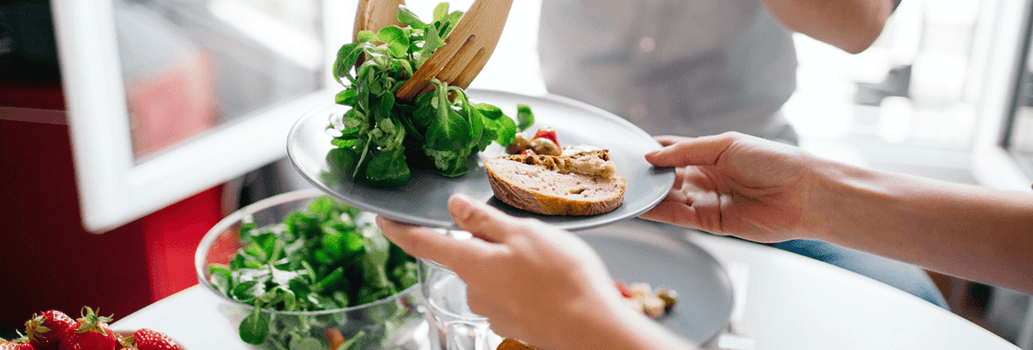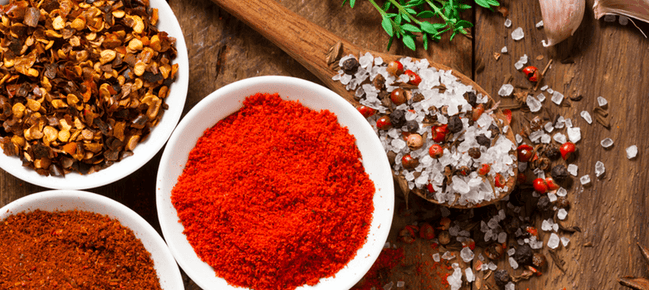
Moderation: how to celebrate and stay healthy
There’s nothing like a good celebration, bringing friends and family together to enjoy all we’re thankful for. And more often than not, we celebrate over food.
It’s enjoyable and rewarding to prepare a meal for those we care about, and we relish the sights, smells and tastes that come with it. Just a whiff of a certain spice can take us right back to childhood, and while our memory of the events themselves might become less reliable over time, we’ll never forget the taste of a delicious family meal.
Part of the reason these meals stand out in our memories is that they’re so different from our everyday food routine. We indulge ourselves with friends and family, which is fine as long as this is an exception to a generally healthy diet. It’s when these indulgent food choices become the norm that we can run into trouble. So how do we ensure we enjoy the celebrations, but keep them in proportion to a balanced lifestyle?
Moderation
We hear the dreaded word “moderation” all the time, but there are a lot of misconceptions about exactly what moderation is for healthy bodies, hearts and minds.
Most importantly, it isn’t about deprivation, it’s about balance – finding that place where we enjoy our food without allowing the choices we’ve made affect our longterm health.
However, “everything in moderation” is also not a free pass to eat anything and everything. It’s about understanding the role certain foods can play in a healthy diet and not beating ourselves up for choosing to indulge every now and again.
Let’s look at some practical tips to stick with moderation when celebrating with family and friends.
1. Save yourself for the main event
We’ve all been to a party where we’ve filled up on the delicious finger foods that come around before dinner. Then we still eat a hearty dinner … and then there’s dessert. So try to stick with the plant-based finger foods like veggie sticks and hummus, and avoid the deep-fried or pastry-heavy options. Use the time before the main meal to catch up on some conversation over a drink. Speaking of drinks …
2. Don’t drink a meal’s worth of kilojoules
Soft drinks and alcohol pack a wallop of empty kilojoules that don’t fill you up, so it’s easy to overdrink. Grab some sparkling water instead with a wedge of your favourite citrus fruit or berries crushed into the glass, or go for a low-kilojoule option you can drink all night long.
3. Plant yourself in front of the plants
If the dinner table has all the food spread out to share, try to sit by the vegetables and take a good helping of them first. Then you’ll usually find that you don’t have to try so hard to eat less of the poorer choices.
4. Enjoy your dessert
Indulging yourself at the end of a meal should be enjoyable, but you don’t have to eat a huge helping. Also, if you’ve got a choice of desserts, be sure the one you pick is the one you really want.
Think about it first. Do you want a smooth or crunchy texture? Do you feel like a hot or cold treat? Would you prefer something light and fresh or rich and creamy? That way, you’re more likely to end up satisfied, and less likely to eat your way through the dessert table until you find one that hits the spot.
5. Don't be hard on yourself
The way we look back afterwards on what we’ve eaten is just as important as thinking about it while we’re making our choices. Don’t be hard on yourself. Tomorrow is another day when it comes to food choices – you’ll have another chance at your next meal, even!
Building good eating habits, by prioritising core food groups such as vegetables, legumes, fruit and wholegrains, will help you to enjoy a healthy relationship with those tempting treats.

The latest nutrition advice, plus health and wellness tips delivered to your inbox monthly

